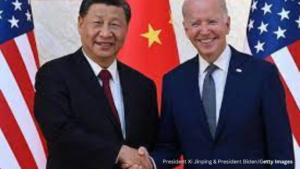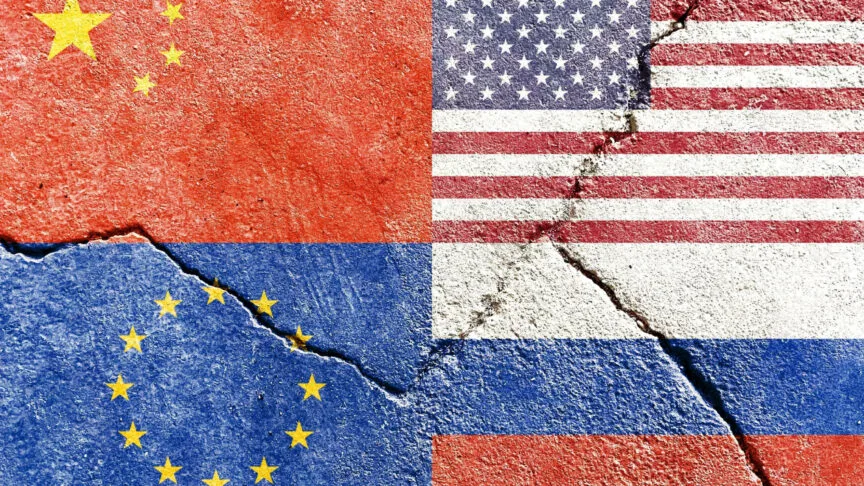(China), Shockwaves through international politics have been caused by the United States’ appeal for China to help stabilize the Middle East. This request has highlighted the U.S.’s growing sense of isolation in the UN and fears of a lengthy conflict in the region. U.S. Strategy Shift: By openly pleading with China to help ease the rising tensions in the Middle East, the U.S. has made a major and unexpected step. This action is indicative of the United States’ shifting approach to international diplomacy as it looks to delegate some of the burden of conflict resolution in areas where it has traditionally held a leading role.
Middle East Instability: Tensions with Iran and the current crisis in Ukraine have added to the region’s already high level of war and instability in recent years. The participation of Russia, which has been supporting some actors in the Middle East, complicates matters even further. China’s Growing Influence: The United States is looking to Beijing for assistance in tackling these issues as a result of Beijing’s growing sway on the international scene. China has become a major factor in the Middle East thanks to its growing commercial relations with the region’s countries.

U.S. Isolation in the UN: The United States’ demand for China’s participation in the Middle East has exposed a developing feeling of U.S. isolation within the UN. Although historically the United States has been a major player in the UN, recent events throughout the world, such as the dissolution of long-standing alliances, have diminished its power. Multi-Polar World: As influence is dispersed among countries more fairly, the world is heading toward a multi-polar power structure. China is leading this shift with its growing diplomatic influence and robust economy. The United States must now accept that it no longer serves as the world’s main diplomatic mediator.
Fear of a Long-Lasting Conflict: Growing concerns about the length of hostilities in the region are reflected in the U.S.’s decision to involve China in the Middle East dilemma. There are concerns that the Middle East may turn into a protracted battleground as a result of several crises, including those in Ukraine and tensions with Iran, converging there. The United States’ transition to diplomacy represents a departure from the use of force to resolve international disputes. As the world community places a premium on diplomatic means of resolving disputes, the United States looks to its allies—including an unexpected alliance with China—to attain stability.
Global Cooperation: It is becoming more and more clear in the midst of these geopolitical upheavals that global problems call for global solutions. The United States’ request for aid from China demonstrates the value of superpower cooperation in resolving complex situations.
China & US Working to Stabilize the Middle East.
Geopolitical Complexities: With so many players vying for influence, Middle Eastern geopolitics are getting more and more complicated. International cooperation is considered vital to manage this complexity and look for a peaceful conclusion. An Uncertain Future: The Middle East’s dynamics and the larger global backdrop have created an uncertain future. The world community is keeping a careful eye on how China and the United States will handle their new responsibilities in resolving Middle Eastern issues.
To sum up, the United States’ request that China assist in stabilizing the Middle East signifies a dramatic change in international diplomacy. It reflects worries about the protracted nature of Middle East conflicts, the United States’ growing isolation in the UN, and the country’s evolving role in a multipolar world. This action emphasizes the necessity of international cooperation and diplomatic initiatives to handle challenging geopolitical issues. Though the future is still unknown, it is obvious that a new era of international collaboration and diplomacy is beginning.
Follow us on social media: Instagram, Threads & Twitter @nya360_ YouTube & Facebook @nya360.





